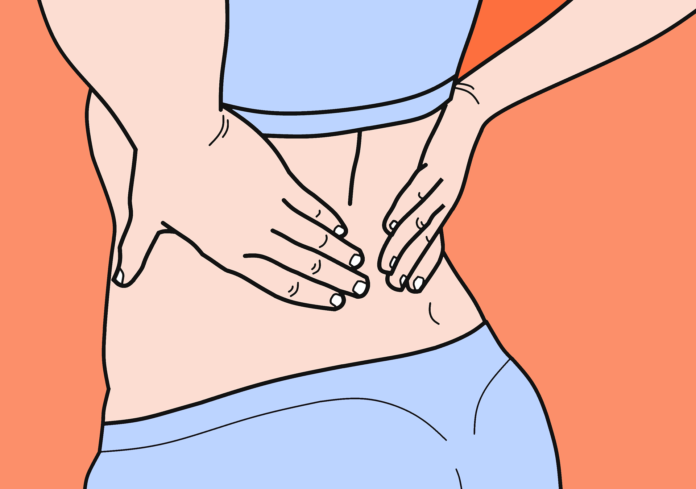There is a tendency to prescribe more expensive interventions, researchers found
Lower back pain is the leading cause of disability worldwide, affecting an estimated 540 million people at any given time. It has increased by more than 50% since 1990, and is due to increase even further in the coming decades as the population ages.
Yet, a new Series of papers in The Lancet highlights the extent to which the condition is mistreated, often against treatment guidelines.
Evidence suggests that low back pain should be managed in primary care and the first line of treatment should be education and advice to keep active and at work.
A high proportion of patients worldwide are however treated in emergency departments, encouraged to rest and stop work, are commonly referred for scans or surgery or prescribed pain killers including opioids, which are discouraged for treating low back pain.
“The majority of cases of low back pain respond to simple physical and psychological therapies that keep people active and enable them to stay at work,” explains Series author Professor Rachelle Buchbinder, Monash University, Australia. “Often, however, it is more aggressive treatments of dubious benefit that are promoted and reimbursed.”
The Series finds that rest is frequently recommended in low and middle income countries, and resources to modify workplaces are absent.
A high proportion of patients worldwide are however treated in emergency departments, encouraged to rest and stop work, are commonly referred for scans or surgery or prescribed pain killers
Lower back pain mostly affects adults of working age. Evidence suggests that psychological and economic factors are important in the persistence of lower back pain. Recurrent episodes are common and about one in three people will have a recurrence within 1 year of recovering from a previous episode.
About 2.6 million people visit emergency departments for lower back pain in the USA each year and opioids were prescribed in around 60% of cases, according to a study done in 2009. Additionally, exercise as a treatment option was advised in only about half of people with chronic back pain in the USA. Studies suggest that bed rest is frequently recommended in India.
“In many countries, painkillers that have limited positive effect are routinely prescribed for low back pain, with very little emphasis on interventions that are evidence based such as exercises. As lower-income countries respond to this rapidly rising cause of disability, it is critical that they avoid the waste that these misguided practices entail,” adds Series author Professor Nadine Foster, Keele University, UK.
The Global Burden of Disease study (2017) found that low back pain is the leading cause of disability in almost all high-income countries as well as central Europe, eastern Europe, North Africa and the Middle East, and parts of Latin America. A total of 1 million years of productive life is lost in the UK, 3 million in the USA and 300,000 in Australia respectively because of disability from low back pain.
The authors suggest that evidence based treatment that are safe, effective and cost-effective should be prescribed. They also highlight the need to address widespread misconceptions about lower back pain in general population and among health care professionals about the causes, effectiveness of different treatments and prognosis for low back pain.
“Millions of people across the world are getting the wrong care for low back pain. Protection of the public from unproven or harmful approaches to managing low back pain requires that governments and health-care leaders tackle entrenched and counterproductive reimbursement strategies, vested interests, and financial and professional incentives that maintain the status quo,” says Series author Professor Jan Hartvigsen, University of Southern Denmark.



Very helpful stuff for back pain. Many of my doubts got solved and now I’m very clear to deal with my back pain. Well done and good work.